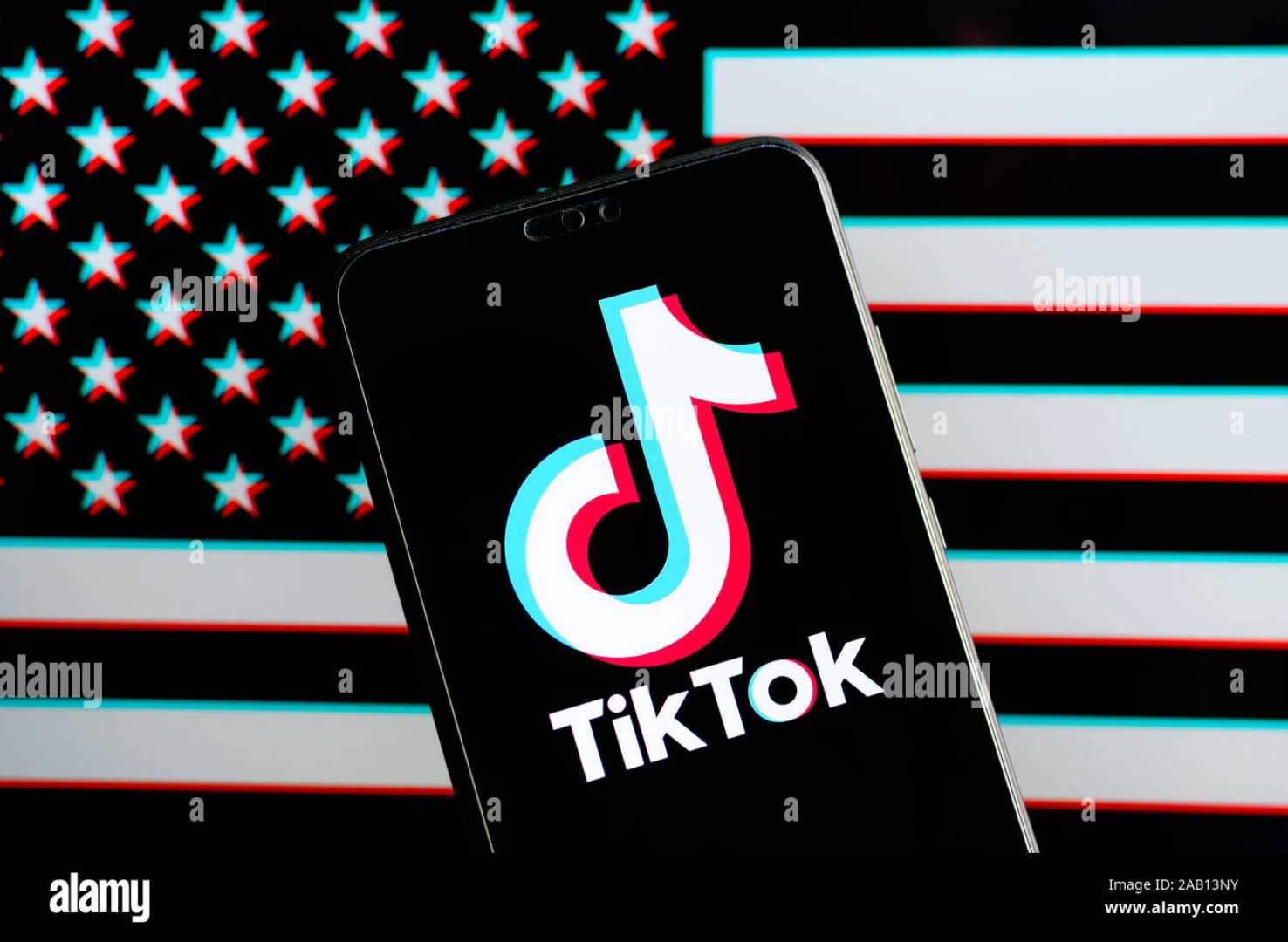News
TikTok Returns to App Stores Amid Ongoing Ownership Negotiations

HONG KONG (AP) — TikTok is back on the Apple App Store and Google Play store in the United States following a recent directive from President Donald Trump that delays the enforcement of a ban on the popular short-video platform. The app, owned by the Chinese technology company ByteDance, was removed from both platforms on Jan. 18, one day before a law mandating its divestiture would take effect.
Starting Thursday, the app is once again available for download to the American public, allowing its more than 170 million users to access software updates and security fixes. Prior to this reinstatement, TikTok had been unavailable to new users but remained functional for those who had already downloaded it.
According to reports, both Apple and Google received a letter from Attorney General Pam Bondi that assured them of immunity from prosecution for supporting TikTok. This communication played a crucial role in their decision to allow the app back into their respective stores.
“We appreciate the support from President Trump in helping us navigate this situation,” a TikTok spokesperson said in a statement. The app has faced ongoing scrutiny over national security concerns revolving around data access and its ownership by ByteDance.
Trump has previously expressed willingness to permit a sale of TikTok to U.S. interests, suggesting that American companies could take a controlling stake. Potential buyers include prominent figures like former Los Angeles Dodgers owner Frank McCourt and internet personalities such as Jimmy Donaldson, known as MrBeast.
The TikTok controversy ignited waves of political discourse, as both Democrats and Republicans voiced concerns regarding user data protection and foreign influence. Legal experts acknowledge that although the tech companies have received assurances, they may still face legal exposure under U.S. law, which prohibits business dealings with apps controlled by foreign entities, particularly from China.
In the weeks leading up to the lifting of the ban, various developers and tech companies had begun discussing support for TikTok’s infrastructure, signaling a commitment to its continued operation in the U.S. with or without the necessary ownership changes mandated by the law.
“This is a significant moment for TikTok and its users in America,” said Georgetown University law professor Anupam Chander. “It illustrates the complexities at play between business interests and national security.”
The app’s future hangs in the balance, as continued negotiations might determine whether ByteDance divests TikTok. President Trump indicated his administration would seek a viable pathway to resolve the issue, reinforcing the need to comply with the stipulations laid out in the banning legislation.
In recent statements, TikTok has denied any allegations that it shares U.S. user data with the Chinese government and criticized the law requiring its potential divestiture as a violation of the First Amendment rights of its users.












